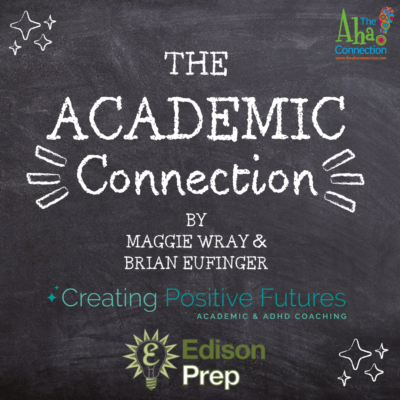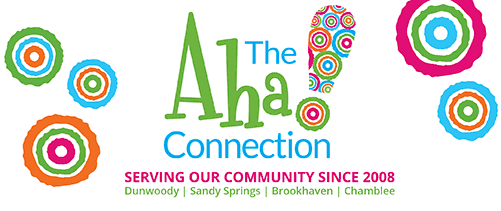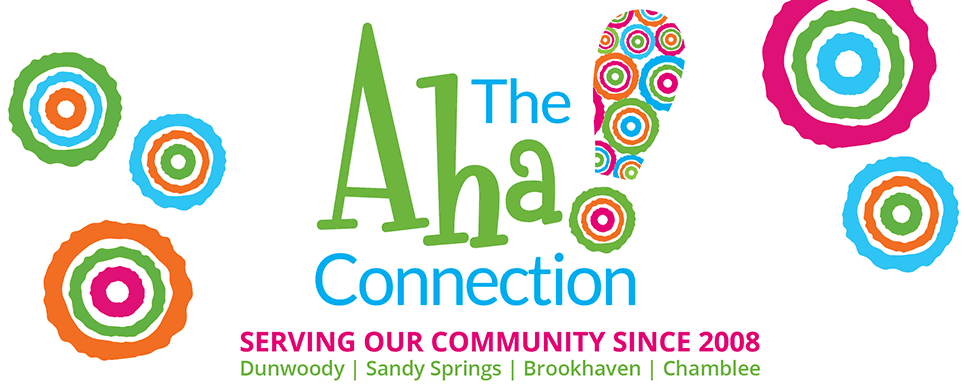 by Brian Eufinger of Edison Prep for The Aha! Connection
by Brian Eufinger of Edison Prep for The Aha! Connection
All too often, it can feel like that most of the opportunity to cut the cost of college only goes to those who are graduating at the top of their classes with tip-top grades or with top test scores. Students should definitely aim for competitive grades and test scores if possible, and take advantage of generous merit aid scholarships if they can, but there are a host of non-academically-based ways to save money in college as well. We will cover just a few of these below!
During your High School Career:
- Start filtering your college search based on tuition levels.
The average out-of-state annual tuition in Georgia is more than triple the average in-state tuition. Consider whether the difference in attending a university out of your home state will truly lead to higher prospects after graduation. The chasm for out of state can be even greater given the fact that most students in Georgia will qualify for the HOPE scholarship (with its very lenient 3.0 GPA) or up to full tuition with Zell Miller (3.7 GPA + 25 ACT/1200 SAT).
Also, be sure to run the Net Price Calculators (NPC) on schools of interest. Some schools appear to have very high prices but tend to award big discounts to the majority of their students.
A few universities even offer free tuition to qualifying students—usually, criteria includes a household income below a certain amount.
- Complete Dual Enrollment and/or AP classes.
Our college counselor friend Michael Szarek is famous for saying, “There is no greater financial ‘aid’ than a student finishing in four years. It saves more money (and gains more earning potential) than any other financial program / grant / award / incentive out there.” Metro Atlanta high schools are lucky to have a multitude of dual enrollment options and/or plenty of AP class options. If your student puts the hard work in for the whole year and can do well enough on the AP exam to possibly earn college credit (which may only require a score of 3 out of 5), please take the exam! One of our students from 2023 brought in 16 credits to his college and was able to take a semester off to do a co-op and still safely graduate in four years, saving tuition and earning a co-op stipend to boot!
- Apply to non-academic scholarships.
Non-academic scholarships may depend on athletic or artistic achievements, community service or volunteerism, extracurricular activities or interests, or student demographics. Use a free scholarship search service like Fastweb or Scholarship Search by Sallie.
- Invest in a 529 College Savings Program.
A 529 plan is a savings account designed for educational expenses, which allows certain college costs to be paid with pre-tax money. Like planting a tree, the best time to open a 529 account was 20 years ago—but the next best time is today. Parents can look up the rules for depositing into a 529 and safely shave money off of college costs by paying for a portion of college with pre-tax money and that grew between the time it was deposited and a student’s entry into college.
- Look into universities that have published tuition freezes or cost increase caps.
Purdue hasn’t raised their tuition in 13 years. Other universities, like Idaho State University, ‘lock’ tuition for all four years of a student’s undergraduate career. Some universities increase tuition by more than 5% per year, so these policies can be reassuring families.
During your Undergraduate Career
- Apply to be a Resident Advisor (RA).
Quite possibly the biggest game-changer on this list, every college needs resident advisors, which is sometimes available to sophomores, but more commonly to juniors and seniors. Serving as an RA typically means free room and board! Students should make themselves a known entity early on (known for the right reasons!) with the residential life office, since the application process can be reasonably competitive at many schools. One of Edison Prep’s co-founders, Brian, was an RA for five semesters, saving well over $20,000 in those days—over $40,000 at today’s rates! A few of our students have even house-sat for professors who are on semester sabbatical and achieved largely the same thing as well!
- Finish in four years.
Work with your academic advisor to plan your courses strategically. Certain classes may only be offered in the spring or fall semesters, or every other year. Many savvy students take the course requirements for their majors and architect an eight-semester spreadsheet to make sure that they are on track to graduate on time!
- Take advantage of tax credits for students.
The American Opportunity Tax Credit provides a tax credit on your federal income tax return worth up to $2,500 depending on what you spent on tuition and textbooks. Likewise, the lifelong learning credit can help you pay for undergraduate, graduate, and professional courses, and is worth up to $2,000 every year.
If your student needs assistance with SAT/ACT preparation and/or academic subject tutoring, Edison Prep is happy to help! Keeping GPA’s high and test scores strong is the easiest way to reduce the cost of college, since only 5% of all scholarship dollars come from private scholarships; the rest comes from the colleges themselves, and is largely based on academic statistics. Learn more at www.edisonprep.com/start/ or reach out anytime at 404-333-8573!
The Academic Connection:
Brian is the co-founder of Edison Prep, a Sandy Springs-based college prep company that works with students who are preparing for the SAT, ACT, and other standardized tests such as AP History, and who are navigating the process of both applying to and affording college.
Maggie is a Dunwoody resident and the founder of Creating Positive Futures, an academic coaching company that helps middle, high school, and college students earn better grades with less stress by developing the organization, time management, mindset, study strategies, and executive functioning skills they need to reach their goals.
We’re excited to share some helpful ideas and information with Aha! Readers, and hope you enjoy this new feature! If you ever have any questions or need additional support, please feel free to reach out to us directly using the contact information below and we’ll be happy to help.















